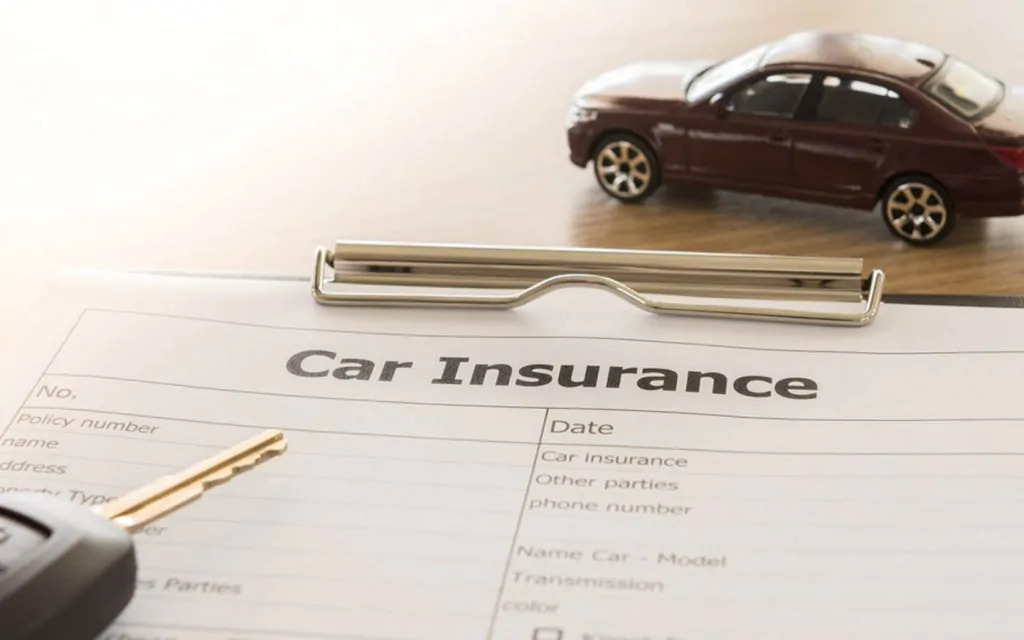I want to get auto insurance, but the car isn’t registered in my name. Is that possible?
Our team takes pleasure in simplifying difficult ideas, like insurance, for customers. Whether you’re unfamiliar with deductibles or a resident of Arizona attempting to understand glass coverage, we’re here to clarify them.

Is it feasible to obtain auto insurance for a car that isn’t owned by you? is a query that people seeking insurance frequently have. Generally speaking, you cannot obtain auto insurance on someone else’s vehicle unless you have an insurable interest, but we won’t keep you waiting.
That actually alludes to the second, and possibly more important, problem.
Let’s talk about insurance on a car that isn’t yours, define what constitutes an insurable interest, and decide who is and isn’t protected by your policy. Ready?
What is meant to be insured interest
In reality, insured interest is a fairly straightforward crossword puzzle answer, despite the fact that it appears to be one. You have an insured interest when you have a financial stake in an automobile and would sustain a direct loss in its case.
The proof of an insured interest is sometimes established by having a vehicle in your name, such as a car title. On the other hand, there can be circumstances in which you require coverage to safeguard an insurable interest you hold in a vehicle that is not your own.
Can you obtain insurance for a car that isn’t registered in your name?
Yes and no at the same time. We don’t offer it at all because our coverage model requires you to be the registered owner of any car for which you are receiving coverage. But if you look into other insurance companies, you might be able to find a scenario where you can insure a car that isn’t your own, depending on your state.
There are specific places where the name on the car’s title and registration must match the name on your insurance policy. The insurance companies in certain states won’t provide a policy for someone who is driving the automobile but isn’t on the title or registration.
On the other hand, certain states might not require that the policyholder’s name and the one on the vehicle match. In certain states, an insurance company may allow a driver who does not own the vehicle to have a policy in their name; still, the registered owner needs to be listed as a co-owner or additional insured on the policy. Confusing? Here are a couple such examples:
- When you and your teenager buy a car together, the insurance policy could be issued in your teen’s name with you listed as a co-owner or additional insured. To reflect your insurable interest in the vehicle, you should write the insurance in this manner.
- If you helped your relative purchase an automobile and you are a co-owner of that vehicle, the insurance may be issued in their name with you listed as an additional insured or co-owner. One option, if the relative resides with you, would be to add the vehicle to your policy and list the relative as a co-owner or driver.
Importantly, insurance companies may handle these situations on an individual basis. It would be best to discuss your circumstances with your local insurance provider in order to decide how to move forward.
Insurance and listed drivers: the best of both worlds
The juicy information are finally here: listed drivers.
The conundrum is: should one make a list or not? We thought it would be beneficial to talk with you about how important it is to know who is covered by your auto insurance policy, since having an unidentified driver on file could have detrimental effects in the event of an accident or claim.
A listed driver is a household member who occasionally drives the car but does not necessary have an insurable interest in it (ownership), such as a licensed adolescent or caregiver. A family member who drives the vehicle must be listed as a driver on the insurance policy; they cannot be listed as an additional insured or as an owner.
These days, most insurance companies will want a list of all the household members who are old enough to drive included in the plan. Because of this, evaluating your policy on a regular basis could be a great way to update any drivers that need to be added or removed.
There is an insurable interest in your car. Furthermore, as an insurance, we are interested in you. We want your driving experiences to be enjoyable and to provide you with greater clarity and confidence regarding your coverage. If you’re ready to receive a quote or learn more about the insurance industry, let’s get started.


